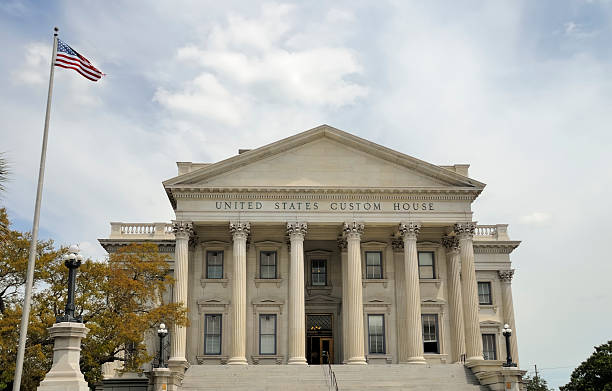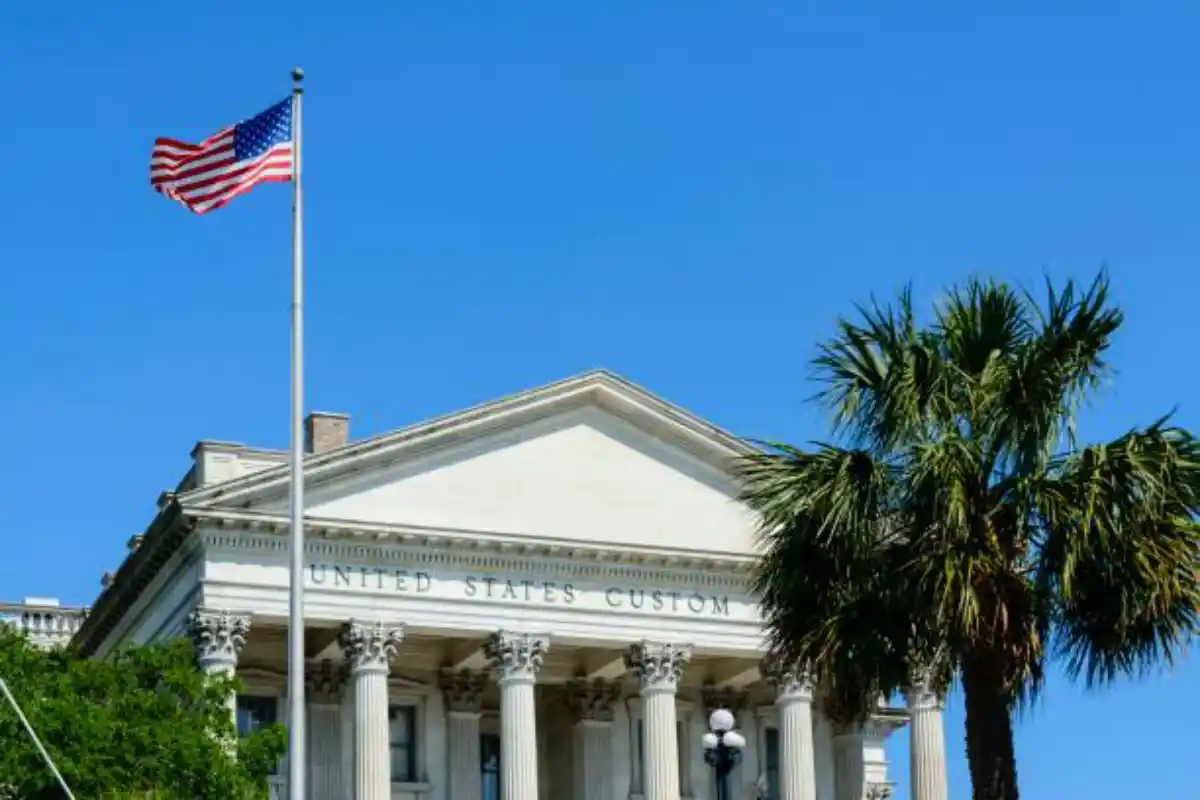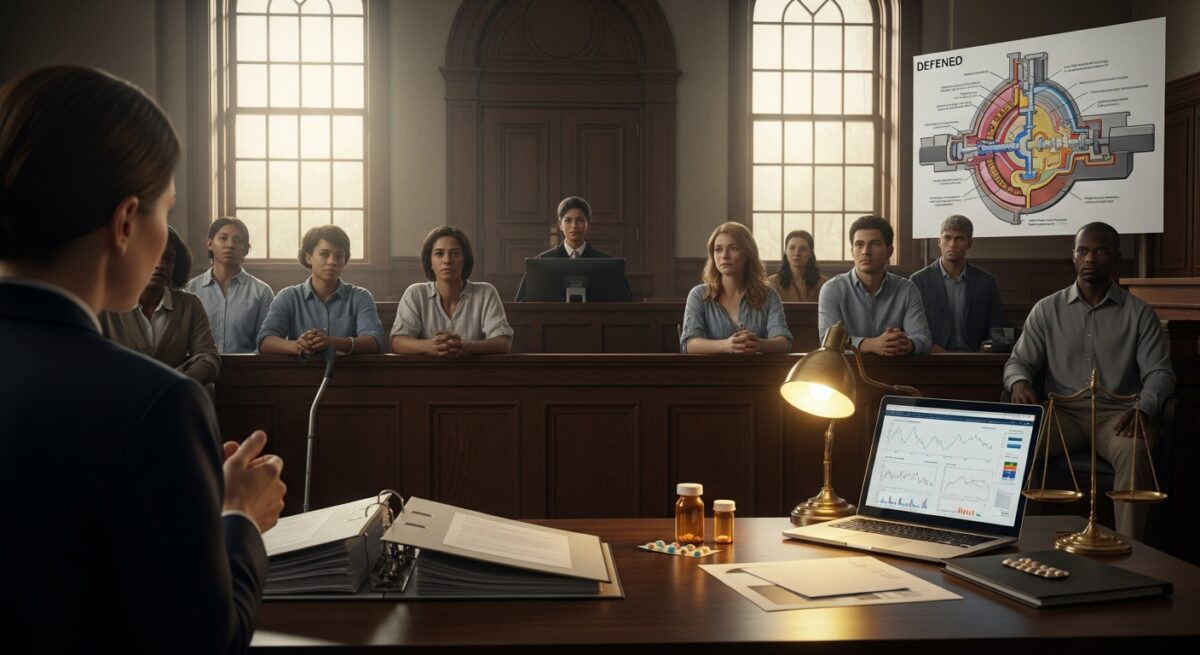Mass Tort Cases in South Carolina: An In-Depth Overview
Mass tort cases in South Carolina involve multiple plaintiffs who file lawsuits against one or a few defendants due to similar injuries caused by defective products, environmental hazards, or pharmaceutical negligence. These legal actions allow individuals to seek justice collectively, often leading to significant settlements or court verdicts. By consolidating similar claims, mass tort litigation enables plaintiffs to hold corporations accountable for their negligence while also ensuring that the judicial process remains efficient.
Recent cases, such as those related to the opioid crisis and toxic chemical exposure, highlight the growing importance of mass tort litigation in the state. These legal actions not only provide compensation for victims but also push corporations to adopt safer practices. South Carolina residents affected by widespread harm may find mass tort cases to be a viable legal avenue for seeking justice. If you believe you may be eligible to join a mass tort case, consulting an experienced attorney is crucial. For more details on legal case reviews, visit Legal Case Review.

Ready to connect with top legal professionals? Get immediate support— Call us at 877-550-8911.
Connect with Our Legal Team
Recent Mass Tort Cases in South Carolina
Mass tort cases in South Carolina have gained significant attention due to their widespread impact on communities. Some of the most notable examples include:
1. Opioid Litigation
Several counties in South Carolina have filed lawsuits against pharmaceutical companies for their role in the opioid epidemic. These cases allege that drug manufacturers misled the public about the addictive nature of opioids, leading to widespread addiction and overdose deaths. The litigation aims to hold these companies accountable for their misleading marketing tactics and seek compensation for the damages inflicted on individuals and local communities.
2. Toxic Chemical Exposure
Residents in certain areas of South Carolina have taken legal action against companies responsible for water contamination and exposure to hazardous chemicals. Cases involving substances like PFAS (per- and polyfluoroalkyl substances) have resulted in lawsuits seeking compensation for medical expenses, long-term health damages, and environmental cleanup costs. These chemicals, often found in industrial waste and firefighting foam, have been linked to cancer and other severe health conditions.
3. Defective Medical Devices
Patients harmed by faulty hip implants, hernia mesh, or other medical devices have filed mass tort claims against manufacturers. These cases frequently reveal corporate negligence in product testing, failure to disclose risks, and lack of proper regulatory oversight. Defective medical devices can cause significant health issues, leading to additional surgeries, chronic pain, and long-term disability.
According to a report by the American Bar Association, mass tort cases are becoming more common as consumer awareness of their legal rights continues to grow. This rise in litigation underscores the need for regulatory agencies to enforce stricter safety standards to prevent further harm to the public.
Key Players in South Carolina Mass Tort Cases
Mass tort litigation involves several key participants, each playing a crucial role in the legal process:
- Plaintiffs: Individuals or groups harmed by a common cause, such as defective drugs, environmental toxins, or unsafe products. These individuals seek compensation for their injuries and damages.
- Defendants: Typically large corporations, pharmaceutical companies, or manufacturers accused of negligence. These entities may be held liable for producing, distributing, or selling harmful products.
- Attorneys: Lawyers specializing in mass tort cases help plaintiffs build strong cases by gathering evidence, consulting experts, and negotiating settlements. They play a vital role in ensuring victims receive fair compensation.
- Courts: Judges oversee mass tort proceedings and may consolidate cases to streamline the legal process, reducing redundancy and ensuring efficiency.
- Expert Witnesses: Medical professionals, scientists, and engineers provide testimony to support plaintiffs’ claims. Their expertise helps establish a direct link between the defendant’s actions and the plaintiffs’ injuries.
Understanding these roles helps clarify how mass tort cases unfold in South Carolina and provides insight into the complexity of these legal battles.
Impact of Mass Tort Cases on South Carolina Residents
Mass tort cases have far-reaching effects on communities throughout South Carolina:
- Financial Compensation: Successful lawsuits provide victims with monetary relief for medical expenses, lost wages, and pain and suffering. Compensation can help individuals rebuild their lives after suffering from corporate negligence.
- Policy Changes: High-profile cases often lead to stricter regulations on product safety and corporate accountability. For example, past litigation has prompted government agencies to impose tighter restrictions on pharmaceutical marketing practices.
- Public Awareness: These lawsuits bring attention to dangerous products or environmental hazards, helping others avoid similar harm. Mass tort cases often shed light on previously overlooked issues, prompting societal and legal changes.
For instance, the opioid litigation has not only secured settlements but also increased funding for addiction treatment programs in South Carolina. This demonstrates the broader societal benefits of mass tort cases beyond individual compensation.
Legal Process for Mass Tort Cases in South Carolina
The legal process for mass tort cases follows several stages:
- Filing the Lawsuit: Plaintiffs file complaints in state or federal court, outlining their claims against the defendant.
- Case Consolidation: Courts may combine similar cases into a single proceeding, a process known as Multidistrict Litigation (MDL), to improve efficiency.
- Discovery Phase: Both sides exchange evidence, including medical records, expert testimonies, and corporate documents.
- Bellwether Trials: A few test cases go to trial to predict how juries might rule in similar cases. The outcomes often influence settlement negotiations.
- Settlement or Trial: Most cases settle before trial, but some proceed to court if no agreement is reached.
An experienced attorney can guide plaintiffs through each step, ensuring their rights are protected and they receive fair compensation.
Notable Outcomes from Recent Mass Tort Cases
Several mass tort cases in South Carolina have resulted in significant rulings:
- Opioid Settlements: Pharmaceutical companies have paid millions in settlements to affected communities, funding addiction treatment and prevention programs.
- Environmental Cases: Companies responsible for toxic spills have been ordered to fund cleanup efforts and compensate victims for health damages.
- Medical Device Lawsuits: Manufacturers have recalled defective products and provided financial compensation to injured patients.
These outcomes demonstrate the power of collective legal action in holding corporations accountable and securing justice for victims.
How to Get Involved in a Mass Tort Case?
If you believe you qualify for a mass tort case, follow these steps:
- Consult a Lawyer: Find an attorney experienced in mass tort litigation to evaluate your case.
- Gather Evidence: Collect medical records, receipts, and any proof of harm or exposure to the dangerous product or substance.
- File a Claim: Your lawyer will help you join an existing lawsuit or initiate a new one.
- Stay Informed: Follow updates on ongoing cases through legal resources like Legal Case Review.
Taking prompt action increases your chances of securing fair compensation and holding negligent parties accountable.
 Future Trends in Mass Tort Litigation
Future Trends in Mass Tort Litigation
Mass tort cases in South Carolina are expected to evolve in the following ways:
- Increased Use of Technology: Law firms are adopting data analytics to identify claimants faster and streamline legal processes.
- More Environmental Cases: Climate change and pollution concerns may lead to new lawsuits against corporations that fail to comply with environmental regulations.
- Stronger Consumer Protection Laws: Legal precedents may push for stricter corporate regulations, ensuring safer products and services for consumers.
As awareness grows, more individuals may come forward to seek justice through mass tort claims, leading to an increase in large-scale litigation efforts.
FAQs
1. What qualifies as a mass tort case?
A mass tort involves multiple plaintiffs harmed by the same product, drug, or environmental hazard, leading to individual lawsuits against a common defendant.
2. How is a mass tort different from a class action?
In a class action, plaintiffs are treated as a single group, while mass tort cases allow individual claims with unique damages.
3. What types of cases are common in South Carolina?
Opioid litigation, toxic exposure, and defective medical devices are among the most frequent mass tort cases in the state.
4. How long does a mass tort case take?
These cases can take years, depending on complexity, evidence collection, and settlement negotiations.
5. Do I need a lawyer for a mass tort claim?
Yes, an experienced attorney can help navigate the legal process and maximize your compensation.
Don’t wait to secure the legal representation you deserve. Visit Legal Case Review today for free quotes and tailored guidance, or call 877-550-8911 for immediate assistance.

 Future Trends in Mass Tort Litigation
Future Trends in Mass Tort Litigation


